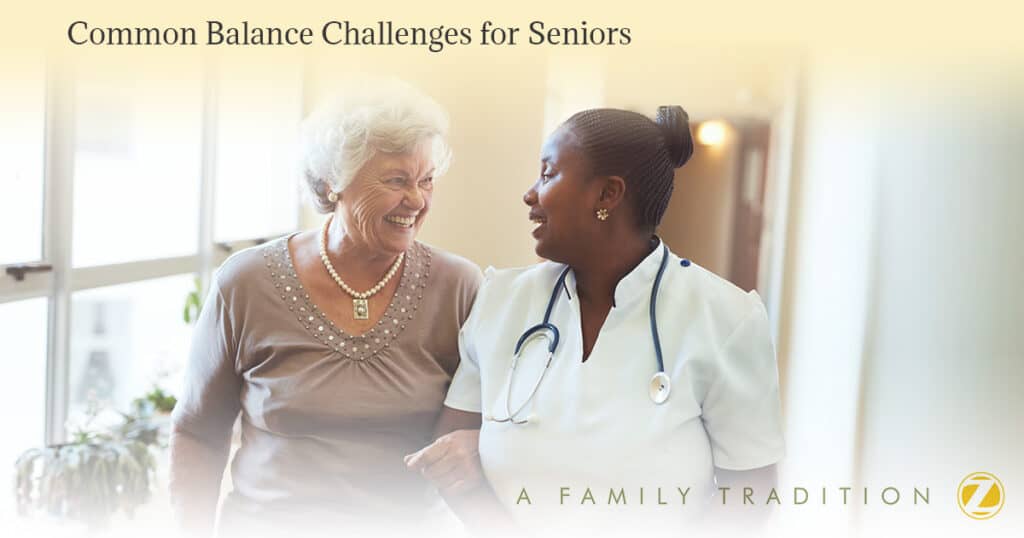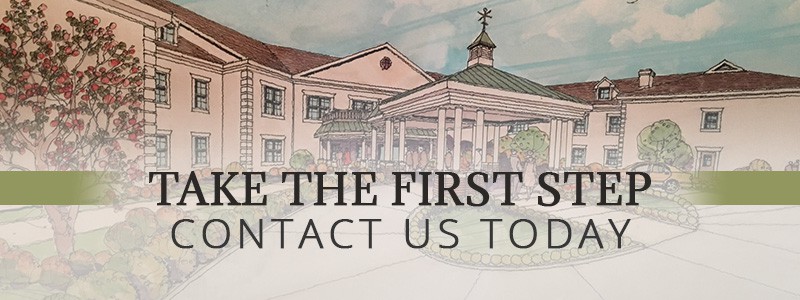
Once we learn how to balance when we’re little, many new things become possible. Climbing in and out of the tub, using the stairs, stepping off curbs, and riding a bike are all great actions made possible by balance. For a majority of your life, you’ll be able to enjoy good balance and the only hurdles will be keeping your core strong and hoping you didn’t inherit the family clumsiness. However, as we age, it can feel like we’re headed back toward the days of little to no balance. This time, we aren’t babies with loose joints and plenty of padding.
The older we get, the more brittle our bodies get, and they can’t handle falls well. Even worse, age brings on weak muscles and worsened vision, which both impact a person’s ability to remain steady. Because aging is a natural process, it is very difficult to prevent. However, there are things you can do to combat falling problems. The first thing to do is understand just why instability is happening. Though it may just be age, more may be going on. In today’s blog, we want to discuss some of the most common issues that make it difficult for the elderly to keep their footing.
Five Common Balance Issues for Seniors
Maintaining balance can be challenging for many different reasons. Read on to learn about the most common conditions or problems caregivers and seniors should be aware of.
-
Labyrinthitis
- This condition shows up when your inner gets inflamed and infected. Your inner ear deeply affects your sense of balance and orientation, and when it gets messed up, you’ll have trouble balancing. The most common way labyrinthitis gets started is the common flu, which can lead to ear infection.
-
Ramsay Hunt Syndrome
- As adults get older, they become more vulnerable to a virus-based skin condition called shingles. In some cases, the virus can mess up the facial nerves right by the ear, causing Ramsey Hunt Syndrome. The results are a loss of hearing, ear pain, and vertigo. This condition should be treated immediately, so if you or a loved one experience the symptoms we just mentioned, get medical help.
-
Meniere’s Disease
- According to the National Institute of Health (NIH), this is one of the most common causes of balance issues. Its symptoms include ringing noises in the ears, occasional hearing loss, and an overall “full” feeling in their ear(s). Both vertigo and hearing loss can impact balance and make it easier to fall.
-
Benign Paroxysmal Positional Vertigo (BPPV)
- This condition is even more common than Meniere’s Disease. Not many people know about it, but it is a common inner ear problem that can be caused by aging, head injury, and ear infection. It consists of intense vertigo that shows up even when you’re making simple movements, like rolling over in bed.
-
Chronic Conditions
- Conditions that seem unrelated to balance can have an effect. This can include eye problems, Parkinson’s disease, Multiple Sclerosis, Parkinson’s disease, and more. Lastly, conditions like arthritis and heart problems can require you to take medications that cause vertigo.
-
Make Good Plans
- It is normal to have some balance issues as you get older. However, if they persist, you’ll want to consider your environment. If you or your loved one is living at home, are there a lot of fall risks around? How many stairs have to be climbed each day? Is the lighting good? The truth of the matter is, one out of three senior Americans fall each year, and falling is a leading cause of disability for seniors. It needs to be taken very seriously. If balance continues to be an issue and the environment is challenging, it is probably time to consider another living situation.
Turn to The Heritage
Ensuring that you or your loved one avoids falls is worth it. At The Heritage, we provide a safe, supportive, thriving community where you or your loved one can live life to the fullest without the burden of managing everyday activities and support. We do everything we can to ensure that our residents’ daily life is all it can be, carefully maintaining their dignity and enjoyment. We would love to show you around our senior living apartments in Hammonton, so visit today!

